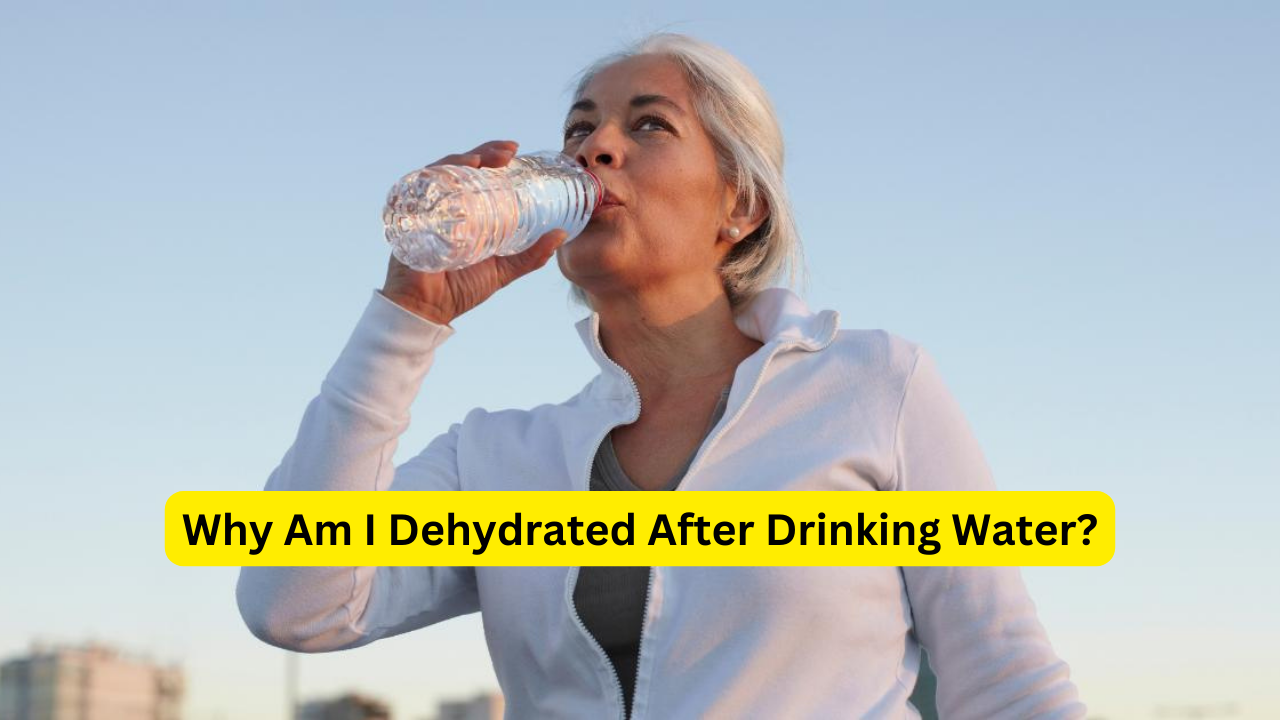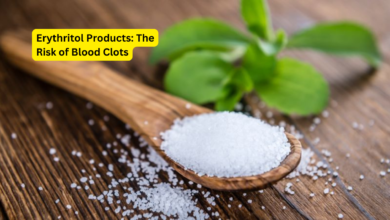Why Am I Dehydrated After Drinking Water?

Why Am I Dehydrated After Drinking Water? Feeling dehydrated even after drinking water can be frustrating and confusing, especially when one seemingly is in good health. There are several potential reasons why this happens, and understanding them can help you stay properly hydrated to maintain optimal health.
Understanding Dehydration
Dehydration occurs when the body loses more fluids than it takes in. This can lead to a variety of symptoms such as thirst, dry mouth, and fatigue. However, there are instances where people feel dehydrated even after consuming adequate amounts of water. Let’s explore why this might happen.
Inadequate Electrolyte Levels
Water alone is not always enough to keep the body hydrated. Electrolytes such as sodium, potassium, and magnesium play a crucial role in maintaining fluid balance. When these levels are not adequate, the body can have difficulty retaining the water it needs, leading to dehydration symptoms.
Why Electrolytes Matter
Electrolytes help regulate nerve and muscle function, hydrate the body, balance blood acidity and pressure, and help rebuild damaged tissue. If you’re drinking plenty of water but not consuming enough electrolytes, your body might not be able to use that water effectively.
Overconsumption of Diuretics
Diuretics are substances that increase the production of urine, leading to more frequent urination and potential dehydration. Common diuretics include caffeine and alcohol. If you consume these in large quantities, they can counteract the hydration you get from drinking water.
How Diuretics Work
Diuretics affect the kidneys and promote the excretion of sodium and water from the body. This process can lead to a loss of more water than what you are consuming, creating a dehydration effect even after drinking water.
Medical Conditions
Certain medical conditions can interfere with the body’s ability to retain water. Conditions such as diabetes, kidney disorders, and adrenal gland issues can all impact hydration levels.
Impact of Medical Conditions on Hydration
- Diabetes: High blood sugar levels can cause increased urination and fluid loss.
- Kidney Disorders: Kidneys play a vital role in filtering and retaining fluids. If they are not functioning properly, it can lead to dehydration.
- Adrenal Gland Issues: The adrenal glands produce hormones that regulate fluid balance. Disorders such as Addison’s disease can disrupt this balance.
Intense Physical Activity
Physical activity can cause significant fluid loss through sweat. If the lost fluids are not replenished adequately, it can lead to dehydration, even if you are drinking water.
Rehydration After Exercise
After intense physical activity, it’s crucial to replenish not just water but also electrolytes. Sports drinks or electrolyte tablets can help restore the balance and improve hydration.
Environmental Factors
Environmental conditions such as hot weather, high humidity, and high altitudes can increase the rate at which your body loses water. If you live in or travel to such environments, you might need to drink more water and consume more electrolytes to stay hydrated.
Adapting to Environmental Changes
- Hot Weather: Increase your water intake and seek shade whenever possible.
- High Humidity: Be aware that you may sweat more and need more water.
- High Altitudes: The air is drier, and you may need more water to compensate for the moisture lost through breathing.
Improving Hydration
To address the issue of feeling dehydrated after drinking water, consider the following tips:
Consume a Balanced Diet
A balanced diet rich in fruits, vegetables, and lean proteins can provide essential nutrients and electrolytes that aid in hydration. Foods like bananas, oranges, and leafy greens are excellent sources of potassium, while nuts and seeds provide magnesium.
Use Electrolyte Supplements
Electrolyte supplements can be beneficial, especially if you engage in intense physical activity or live in an environment that promotes fluid loss. These supplements can help maintain the right balance of electrolytes in your body.
Monitor Fluid Intake
Keeping track of your fluid intake can help ensure you’re consuming enough water. A good rule of thumb is to drink half your body weight in ounces of water each day. For example, if you weigh 150 pounds, aim to drink 75 ounces of water daily.
Limit Diuretics
Reducing the intake of diuretics such as caffeine and alcohol can help improve hydration levels. If you do consume these beverages, make sure to drink extra water to compensate for the fluid loss.
Stay Hydrated During Physical Activity
Drink water before, during, and after exercise. Consider using sports drinks that contain electrolytes to help maintain hydration levels during prolonged or intense physical activities.
Listen to Your Body
Pay attention to your body’s signals. Thirst is a clear indicator that you need more fluids. Dry mouth, fatigue, and dark-colored urine are also signs of dehydration. Adjust your water and electrolyte intake accordingly.
Consult a Healthcare Provider
If you consistently feel dehydrated despite drinking adequate amounts of water, it may be beneficial to consult a healthcare provider. They can help identify any underlying medical conditions that might be affecting your hydration levels.
Conclusion
Feeling dehydrated after drinking water can be due to various factors, including inadequate electrolyte levels, overconsumption of diuretics, medical conditions, intense physical activity, and environmental factors. By understanding these potential causes and implementing strategies to improve hydration, you can better manage your fluid intake and maintain optimal health.




